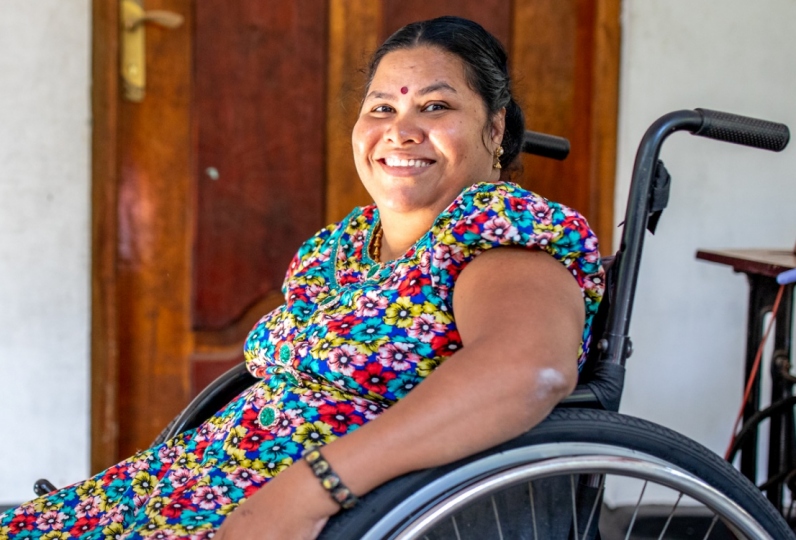Livelihoods and Peacebuilding in Maluku (Indonesia)
More than a decade after the conflict between Christian and Muslim religious groups in Ambon, there is still a significant need to rebuild relationships between religious groups and to provide economic opportunities for women.
We support mixed groups of Christian and Muslim women with education and microfinance to increase access to economic opportunities in the community and the ability to have a voice in household decision making. This encourages friendships between women from different faith backgrounds, enabling women to act as agents of peace within their families and community.
One effective initiative is supporting the establishment of kitchen gardens, to create a locally led, sustainable solution to the food crisis that our partners hope to scale up each year to impact thousands of lives. The project will be kickstarting local food production, improving the health of children and families; reducing food miles, pollution and reliance on foreign imports; connecting and educating local communities about nutrition; and building resilience to global food supply disruptions.



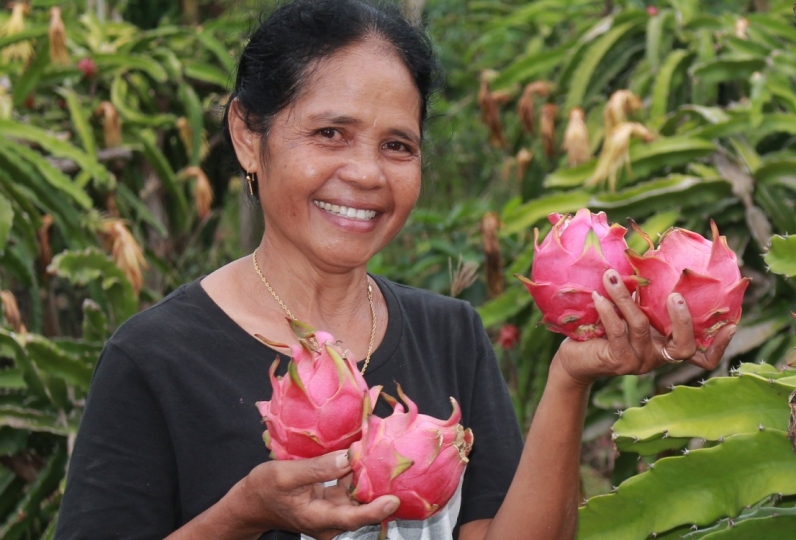

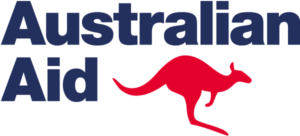
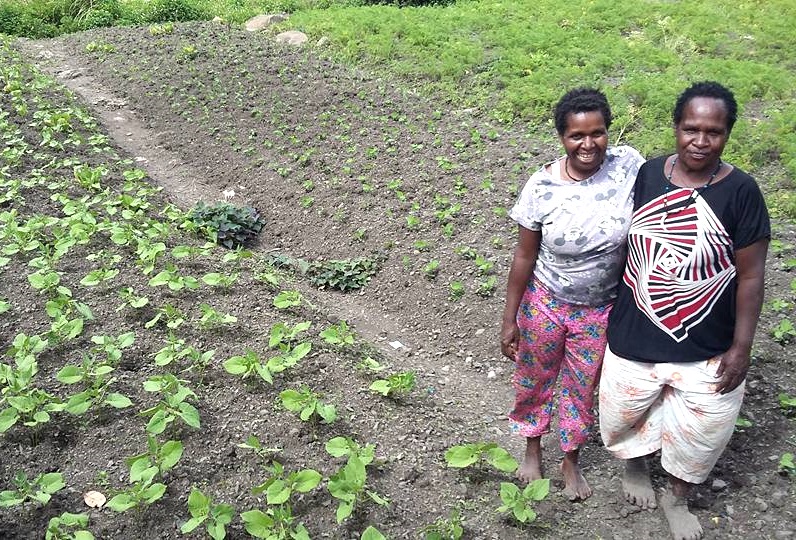
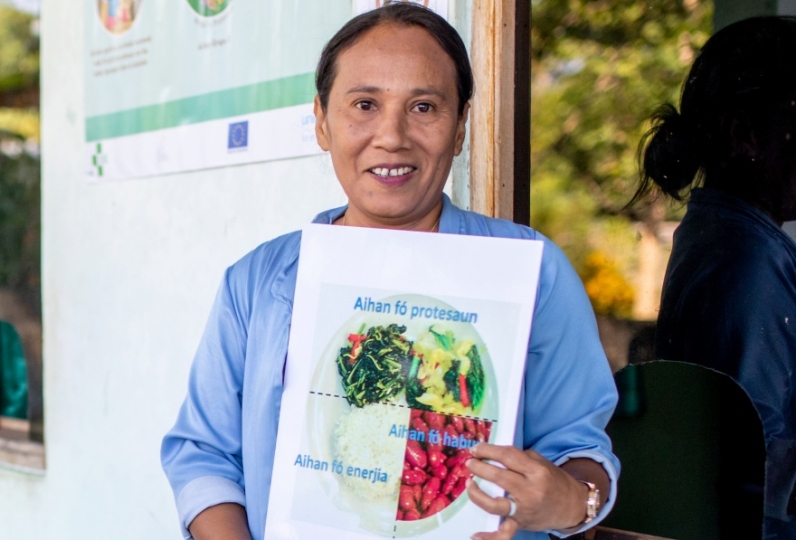
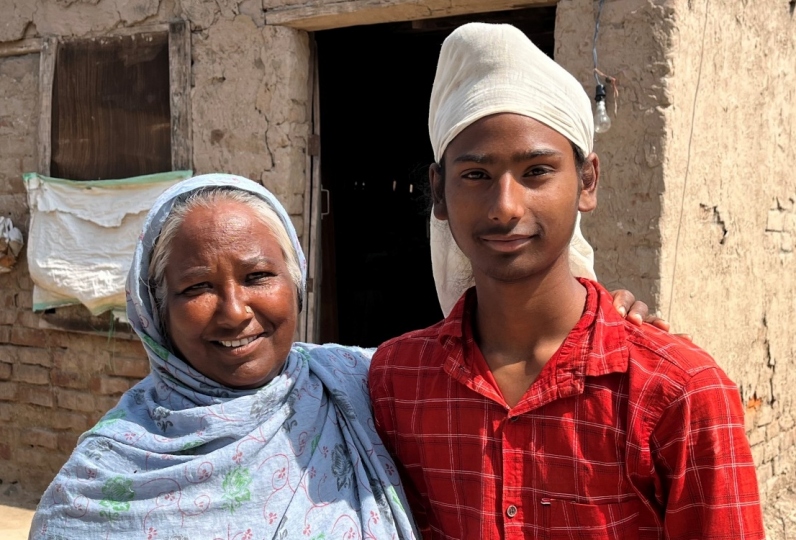
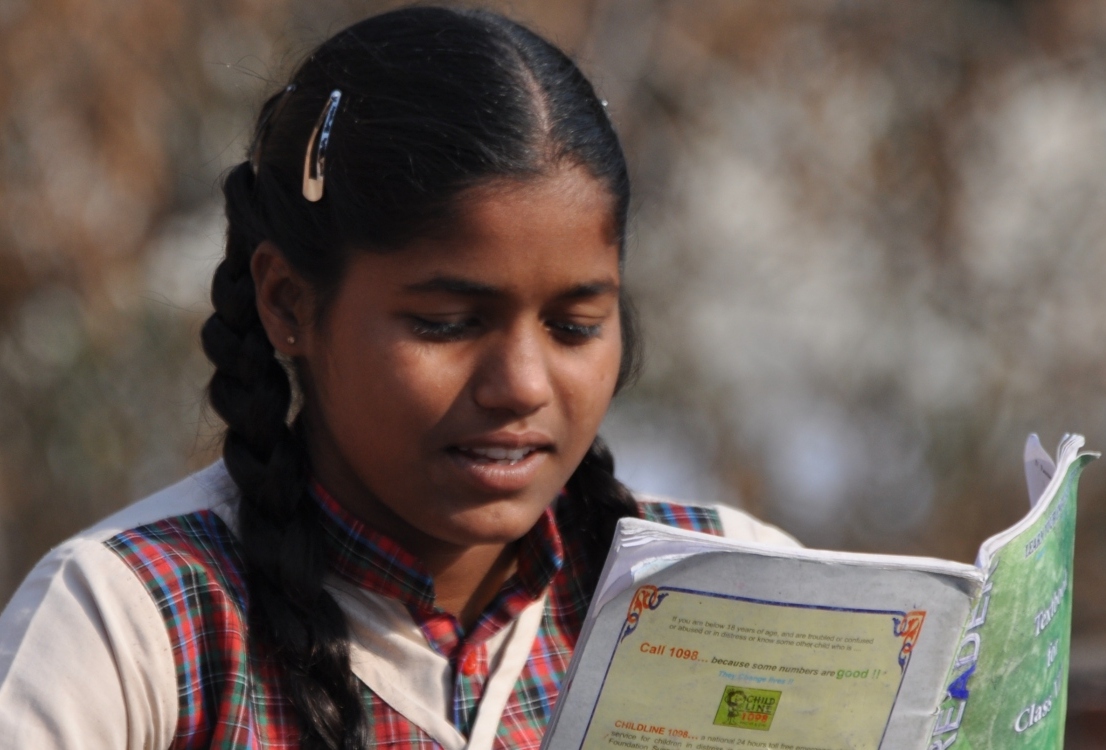
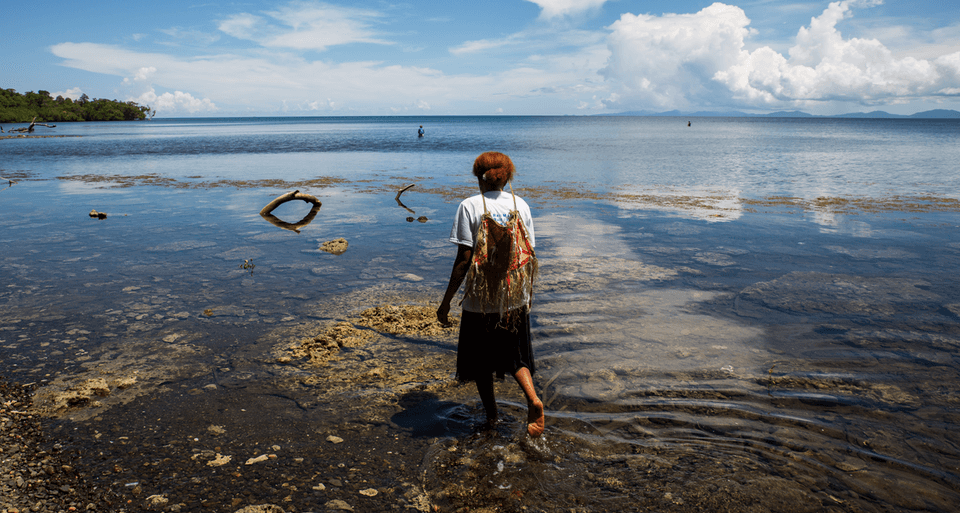
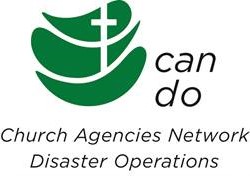
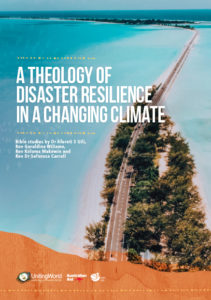
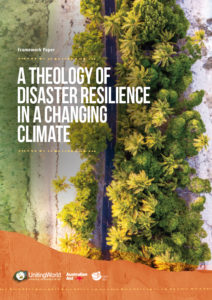

 This project is currently supported in part through the ACT Alliance Gender Justice program with financial support from the Swedish International Development Cooperation Agency.
This project is currently supported in part through the ACT Alliance Gender Justice program with financial support from the Swedish International Development Cooperation Agency.
